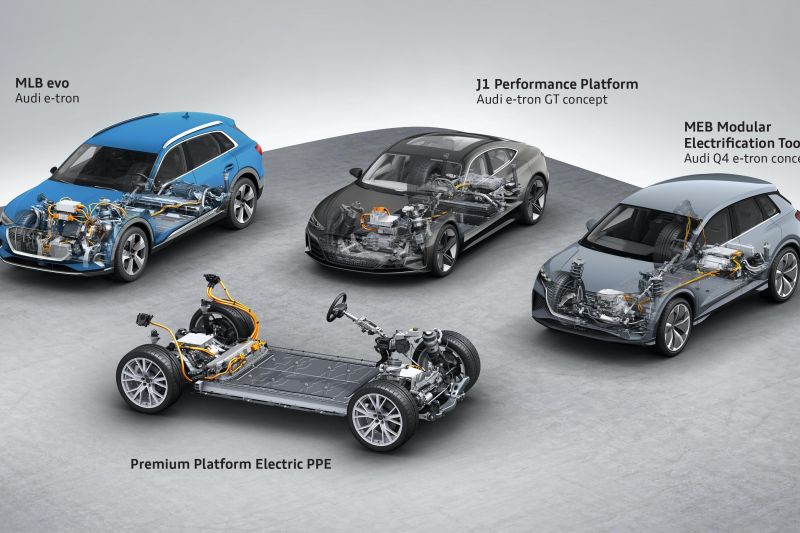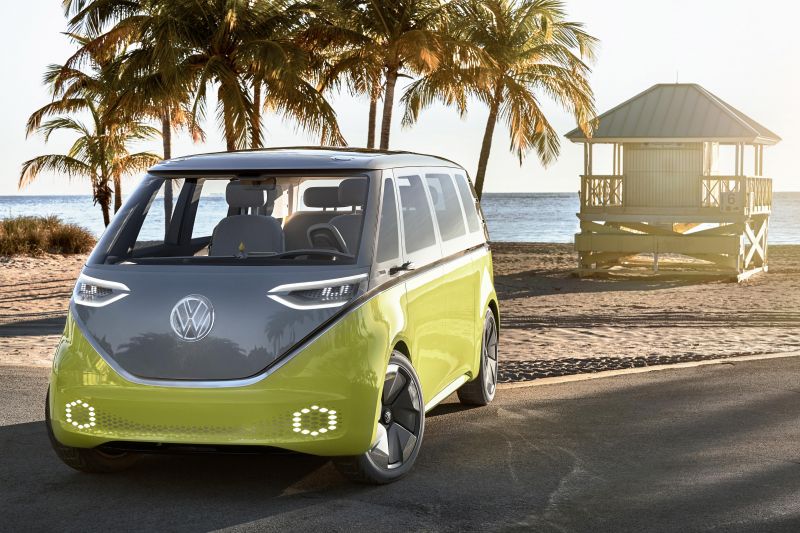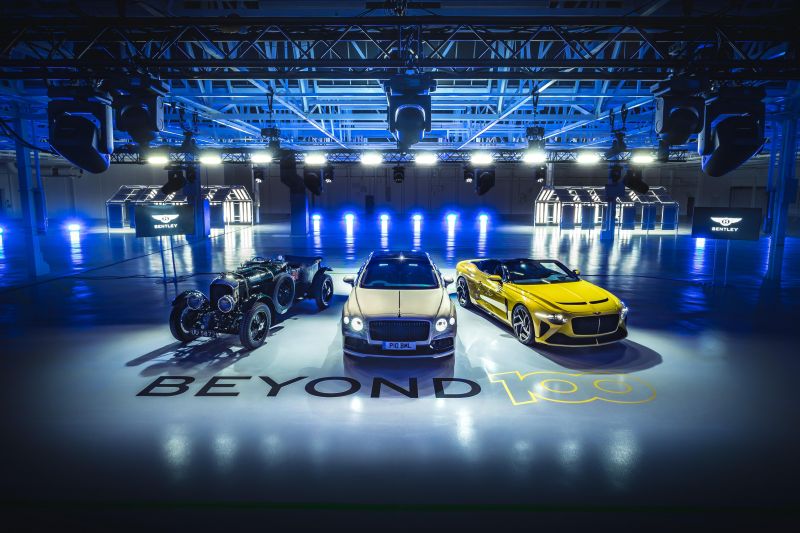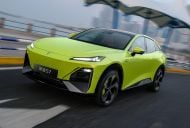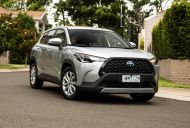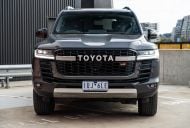Audi, Porsche and Bentley are each getting a new flagship electric vehicle.
German business paper Handelsblatt reports the Audi will launch in 2024, with the other versions following thereafter.
The car has received the awesome codename Landjet, and is being developed as part of the Artemis project led by Audi.
It’s expected to offer an electric range of 650km. In comparison, an Audi E-Tron achieves a range of between 336km and 436km, depending on the variant.
It’s unclear just what shape each car will take, though the Audi is expected to be a sedan to sit above the A8 which may wear the A9 E-Tron nameplate. It’ll serve as the brand’s rival for the all-electric Jaguar XJ and Mercedes-Benz EQS.
It’s almost certain the Landjet cars will use the new Premium Platform Electric (PPE) being co-developed by Audi and Porsche, which has been designed for larger cars and crossovers.
The Landjet cars will be built in the Volkswagen Group’s plant in Hanover, Germany, a factory typically used for commercial vehicles like the Volkswagen Transporter, as this will allow the Volkswagen Group to get the new models into series production as quickly as possible.
Audi’s existing facilities also don’t have the space to support the new models.
Also rolling off the line at Hanover: the Volkswagen ID Buzz, a modern-day Kombi with an all-electric powertrain.
The Volkswagen Group is investing heavily in electrification and digitalisation, with plans to bring around 70 all-electric models to market by 2030. Around 20 of these vehicles are already in development, while 60 hybrids are also expected to launch by decade’s end.
The German giant also intends to develop 60 per cent of the software it uses itself.
By 2030, Bentley has said it intends for its entire model range to be all-electric.
The Artemis project, led by Audi, is intended to show how quickly and “unbureaucratically” the Ingolstadt company can get a new electric vehicle to market.
Audi hopes to provide a blueprint for the rest of the Volkswagen Group to follow and is being given a large degree of freedom, to help it avoid a logjam in the Group’s EV pipeline.
While the Landjet name is unlikely to appear on a production model, it’s certainly an evocative codename. It’s quite similar to Terraplane, a vehicle produced by the Hudson Motor Car Company between 1932 and 1938 and briefly assembled locally.

